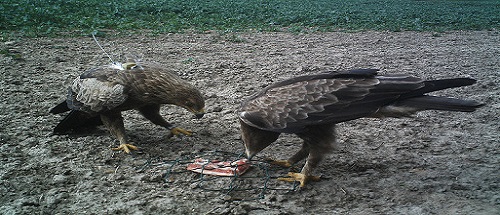
Oct 26, 2015 | Birds, News, Wildlife Monitoring
The website of the World Working Group on Birds of Prey (WWGBP) presents some of the results of satellite telemetry studies. Using Argos satellite tags, studies of 15 different bird of prey species have been conducted since 1992, in Germany and abroad. Thebirds are...
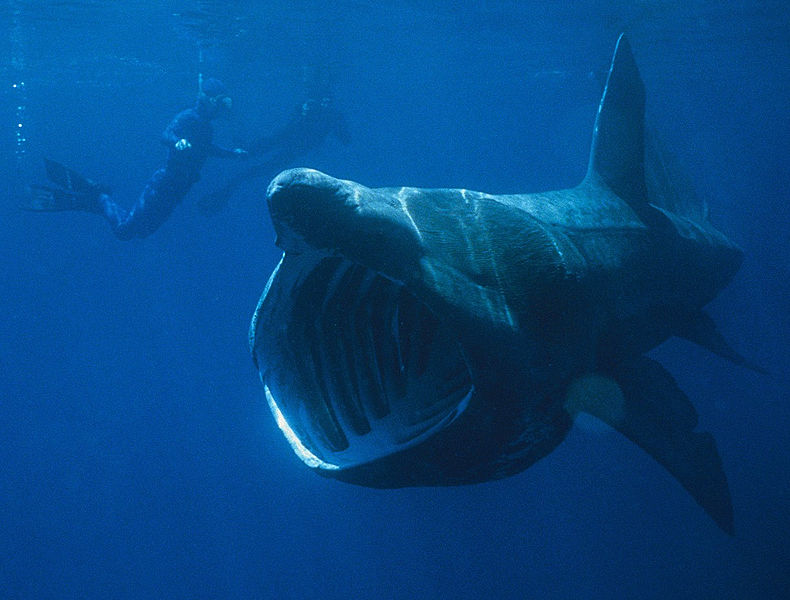
Sep 8, 2015 | Fish, Marine Animals, News, Wildlife Monitoring
Basking sharks are prevalent in the North Atlantic waters, off the coast of Scotland. While it is rarer to spot a basking shark in the Irish Sea, sightings have been reported off the Isle of Man. This is why a new partnership between Sea Life Blackpool and Manx...
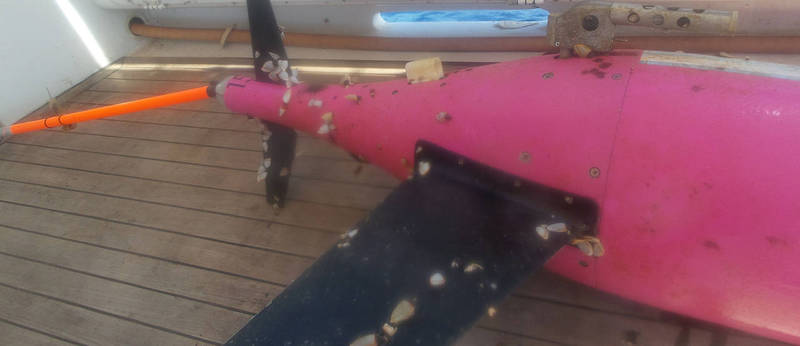
Sep 2, 2015 | Goniometer, News, Oceanography, Meteorology, Hydrology, Climatology
A glider deployed in the Coral Sea in May 2015 by the IMOS (Australia) developed technical problems, most likely due to a faulty memory card. The glider was recovered in September 2015, thanks the RXG-134. “ The gonio finder was quite helpful and was used for the...
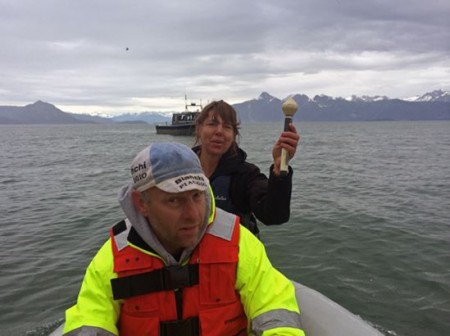
Sep 2, 2015 | Goniometer, News, Wildlife Monitoring
“This equipment is very good news for researchers – now it is reasonable to expect that if PSATs pop up in an area that can be reached by boat, tags can be physically recovered. For my research, this means that I can make sense of the geomagnetic and...
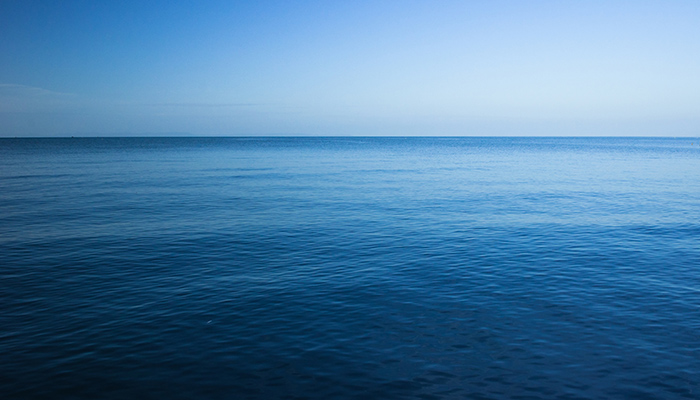
Aug 31, 2015 | News, Oceanography, Meteorology, Hydrology, Climatology
The Argo Program Argo is an international program aimed at seeding the global ocean with 3000 profiling floats which measure temperature and salinity from surface to 2000 meters depth. As these floats are autonomous and tend to drift with the currents while at the...
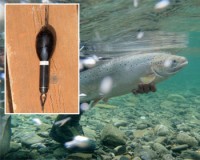
Jul 27, 2015 | News, Oceanography, Meteorology, Hydrology, Climatology
Argos transmitters attached to a fishes in New Brunswick in 2014 were just recovered in Greenland and Ireland. The Argos tags are attached to selected salmon by the Atlantic Salmon Federation in an effort to try and discover the reasons for high mortality at sea....







